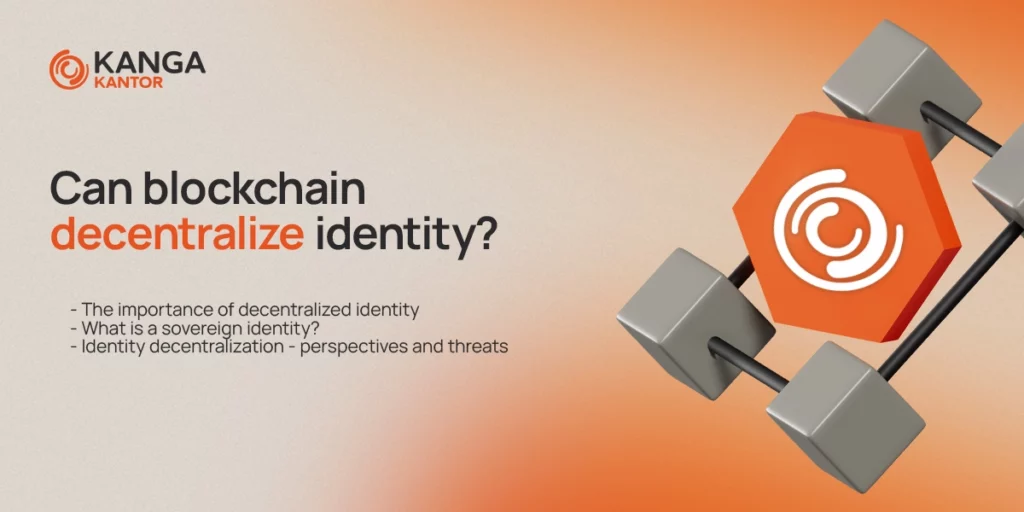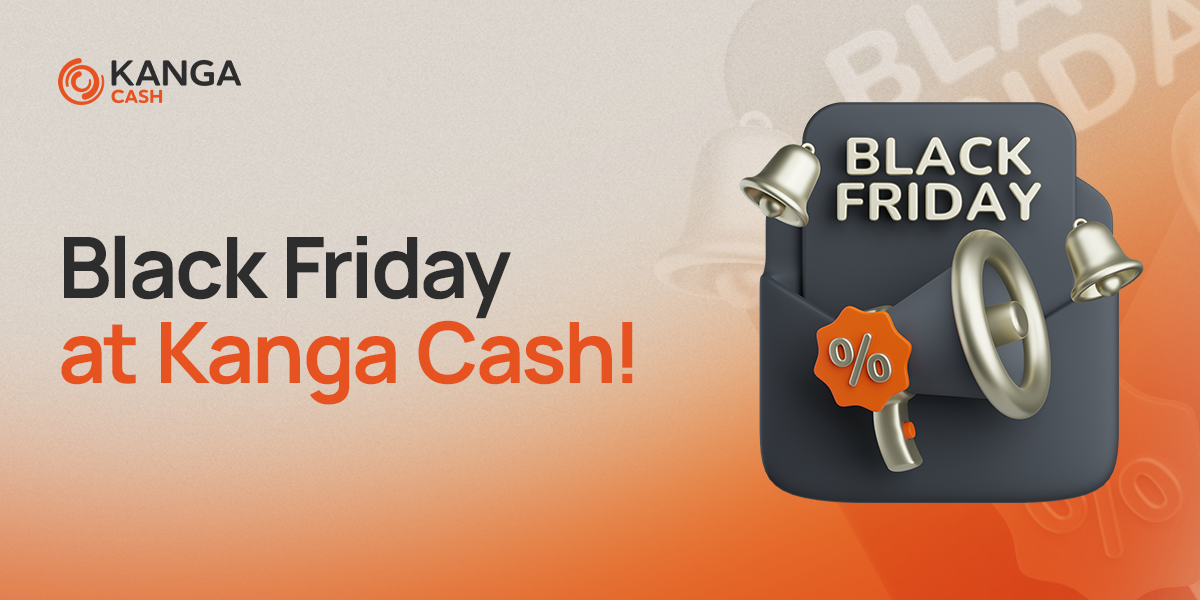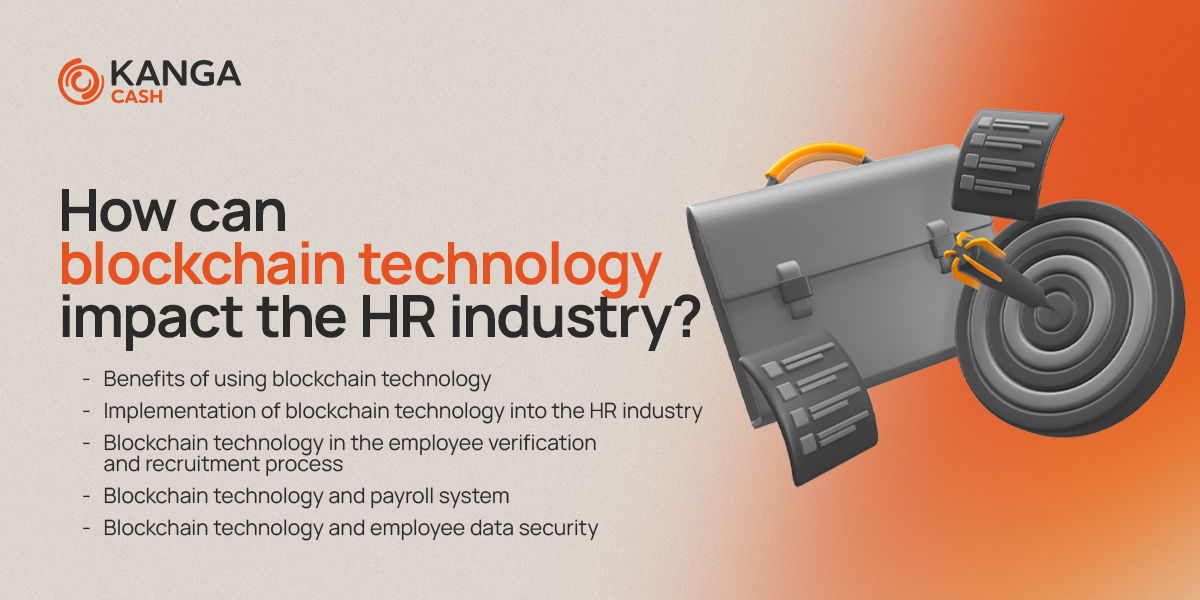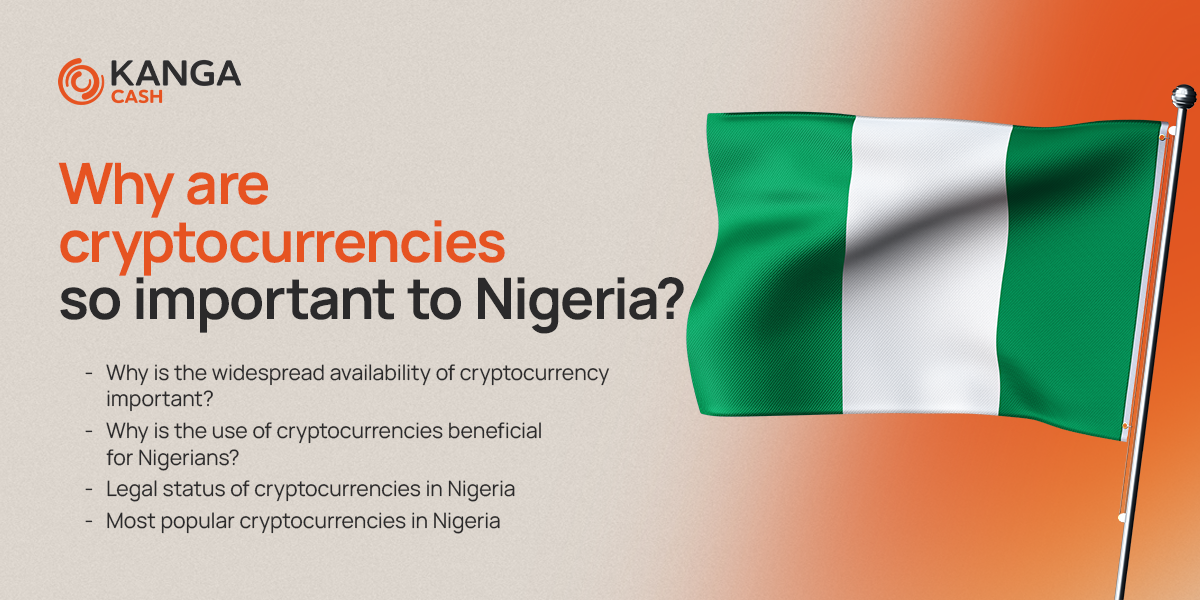Can blockchain decentralize identity?

Decentralized identity is a new Web3 concept based on a trust structure for identity management. Such decentralized identity management includes an approach to identity and access administration that enables people to generate, manage and control their personal information (PII) without a centralized third party such as a registry, identity provider or certification authority.
The importance of decentralized identity
Why has decentralized identity become such an important issue these days? Let’s start from the beginning. It turns out that the lack of an official identity card can significantly limit human freedom and make it difficult to access basic services such as healthcare or banking. According to the data provided by the World Bank, as many as 1 billion of our population do not have a valid identity document. As a result, a large part of the population has limited opportunities to participate in social life.
In addition, traditional centralized data identification systems have many disadvantages and risks associated with security breaches. Unfortunately, the lack of adequate security is the reason why centralized databases become an attractive target for hackers. As a result, thousands or even millions of customer data are stolen from major retailers.
So is there a decentralized identity and what is its significance? It can be considered as a developing technology according to which data related to identity should be stored only by persons representing this identity. Thanks to this assumption, users have the ability to create and control their digital identities and do not have to rely on external service providers. It can also be said that decentralized digital identity refers to a system that in a certain way tends to displace the centralized way of managing identity using blockchain technology.
It is also worth adding that in decentralized identity systems, technologies such as blockchain play a key role in confirming the authenticity of identity. Thanks to its tamper-resistant structure, blockchain technology allows for secure management and storage of personal data.
What is a sovereign identity?
The concept of self-sovereign identity can be considered as the core of the idea related to decentralized identity. Sovereign identity also refers to the concept that an individual should be in control of their digital identity and personal data. In the context of traditional identity systems, personal data is usually held by institutions such as governments, corporations or online platforms. The concept of sovereign identity aims to shift control over data from these institutions to the individual, allowing them greater autonomy and privacy.
The concept of self-sovereign identity implies that instead of having multiple identities on different platforms or relying on a single identity managed by a third party, users have digital wallets where different credentials are stored. This data is available through trusted applications.
Identity decentralization – perspectives and threats
As for the positive aspects, control seems to be the key concept. Identity decentralization gives users more control over their personal information. They can independently manage their identity, share only the information they consider necessary, and control to whom and for what purpose they provide their data. So it can be said that a decentralized identity provides more independence.
Thanks to cryptographic technology and the use of blockchain, decentralized identity can provide a higher level of security. Blockchain technology, which is an encrypted, decentralized data storage system, has been designed to be secure, flexible and resistant to unauthorized access. This significantly reduces the risk of user data being stolen or misused by attackers.
Another advantage is that decentralized identity management can also help organizations increase security and improve compliance with personal data regulations. As you know, they face sanctions and fines even for unintentional policy violations or data breaches. With decentralized identity management, organizations have the ability to collect and store less identity data, simplifying their compliance obligations and reducing the risk of cyberattacks and information misuse.
By contrast, traditional identity management models often rely on collecting and storing large amounts of user data in one central location. This creates a potential risk of cyber attacks, as breaching one point can lead to the disclosure of all collected information. In contrast, in decentralized identity management, user data is distributed and stored on different devices or networks.
So it seems that the use of technology based on decentralized identity could introduce significant changes, but implementing it is quite a challenge. Still looking for a solution that will help to use this technology on a large scale. Despite many advantages, it has not gained universal acceptance, what’s more, many people have not even heard of its existence. In addition, implementing decentralized identity systems can be technically demanding. It is necessary to have advanced knowledge and technological infrastructure, which can be a barrier for some organizations and users.
Another important aspect is the need to overcome outdated systems and regulations. However, the transition to decentralized identity requires the creation of global standards and ensuring interoperability between different systems. This is a complex task that requires cooperation between organizations and governments.
It is also worth adding that while decentralized identity offers greater security in some areas, there are still risks of attacks, forgery and data theft. Appropriate risk management and adequate data protection mechanisms are necessary.


